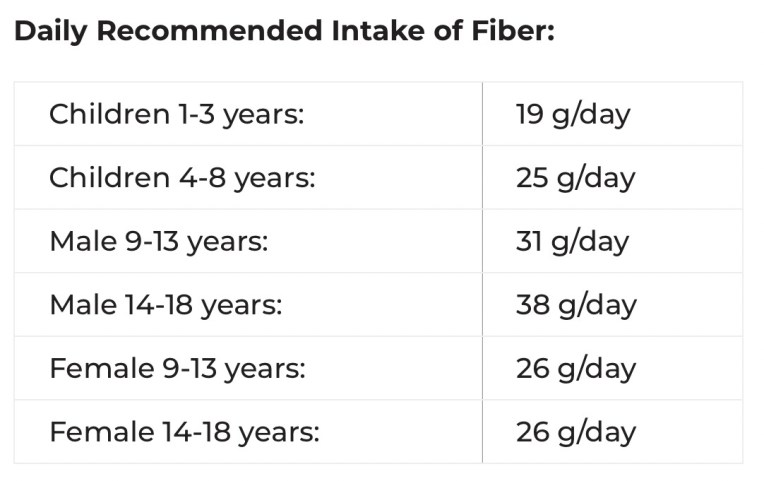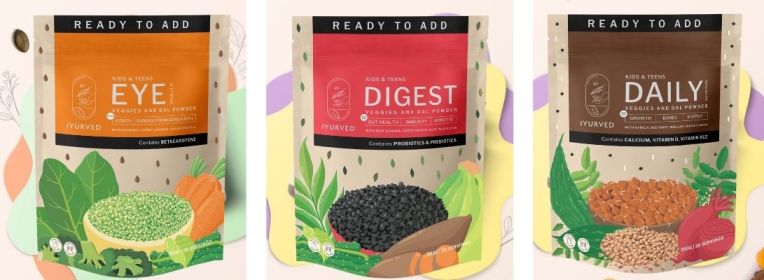Have you ever wondered about the intricate relationship between the gut and immunity in children? How does the gut, often referred to as the ‘second brain,’ play a pivotal role in shaping a child’s overall health and resilience? In this exploration, we delve into the fascinating world of the gut-immunity connection in children, unraveling the mysteries of how these two vital systems work in harmony to safeguard their well-being.
The Gut – More Than Just Digestion
When we think about the gut, the first thing that often comes to mind is digestion. While digestion is certainly a primary function of this remarkable organ, the gut is involved in so much more than breaking down the food we eat. In fact, it plays a pivotal role in the overall health and well-being of children. Various functions of the gut are as follows:
The Digestive Powerhouse:
Let’s begin with the gut’s most well-known role: digestion. In children, this process is essential for breaking down food into its basic components, such as proteins, carbohydrates, and fats, which are then absorbed and used for growth and energy. Proper digestion is critical for ensuring that children receive the essential nutrients they need to develop and thrive.
Nutrient Absorption:
However, the gut’s responsibilities go beyond digestion. It is also responsible for nutrient absorption. Within the walls of the intestines, tiny finger-like projections called villi and microvilli increase the surface area for nutrient absorption. This means that children can efficiently extract vitamins, minerals, and other essential compounds from their food.
Energy Production:
Notably, the gut is a significant player in energy production. The process of breaking down food generates energy, and this energy is vital for children’s growth, development, and daily activities. Therefore, a well-functioning gut is essential for ensuring that children have the energy they need to be active, learn, and play.
A Mood-Modulating Organ:
Recent research has uncovered another fascinating aspect of the gut: its role in influencing mood and behavior. The gut is home to a vast community of microorganisms collectively known as the gut microbiome. These microorganisms produce a range of substances, including neurotransmitters like serotonin, which have a direct impact on a child’s mood and emotional well-being. This connection between the gut and the brain is often referred to as the “gut-brain axis.”
The Gut’s Immune Function:
Additionally, the gut houses a significant portion of the body’s immune system. This immune tissue, known as gut-associated lymphoid tissue (GALT), plays a crucial role in defending against harmful pathogens and maintaining immune balance. Ensuring a healthy gut is not only important for digestion but also for bolstering a child’s immune defenses.
Role of gut health in immunity of child
1. Balanced Immune Response:
The gut plays a crucial role in maintaining a delicate balance between a strong immune response to pathogens and tolerance to harmless substances.
2. Gut Microbiome:
The gut microbiome, composed of beneficial bacteria, helps educate the immune system, teaching it to distinguish between friendly and harmful microorganisms.
3. Inflammation Regulation:
The gut microbiome produces substances that help regulate inflammation, a key factor in immune responses.
4. Nutrient Absorption:
The gut is responsible for absorbing essential nutrients, such as vitamins and minerals, that are critical for the optimal functioning of immune cells.
5. Diverse Microbiome:
A diverse gut microbiome is essential for a robust immune system. A variety of beneficial bacterial species contribute to immune resilience.
6. Preventing Autoimmunity:
A healthy gut helps prevent autoimmune diseases by ensuring the immune system does not attack the body’s own tissues.
7. Allergy Prevention:
Proper gut health can reduce the risk of allergies by promoting a balanced immune response to allergens.
8. Antibody Production:
The gut is involved in producing antibodies, which are crucial for recognizing and neutralizing pathogens.
9. Digestion and Absorption:
Efficient digestion and nutrient absorption in the gut ensure that the body receives the necessary resources to support immune function.
10. First Line of Defense:
The gut acts as a physical barrier, preventing harmful microorganisms and toxins from entering the bloodstream.
11. Metabolism of Nutrients:
The gut microbiome metabolizes dietary components into substances that can influence immune health.
12. Healthy Gut for a Resilient Immune System:
Nurturing gut health is essential for a strong and resilient immune system, particularly in children.
What can parents do to improve gut health of children?
Improving the gut health of children is essential for their overall well-being and immune system function. Here are some actionable steps that parents can take to promote a healthy gut in their children:
1. Diverse Diet:
Encourage a diverse diet that includes a wide range of fruits, vegetables, whole grains, lean proteins, and dairy (or dairy alternatives).
Aim to include different colors and types of fruits and vegetables to provide a variety of nutrients.
2. Fiber-Rich Foods:
Incorporate high-fiber foods like whole grains, legumes, and fiber-rich fruits and vegetables. Fiber supports the growth of beneficial gut bacteria.
3. Probiotic-Rich Foods:
Include probiotic-rich foods like yogurt, kefir, sauerkraut, kimchi, and other fermented foods in the child’s diet. Probiotics can help maintain a healthy gut microbiome.
4. Prebiotic Foods:
Prebiotic foods, such as garlic, onions, leeks, asparagus, and bananas, provide nourishment for beneficial gut bacteria. Including these in the diet can support a diverse microbiome.
5. Limit Sugar and Processed Foods:
Reduce the consumption of sugary and highly processed foods, as they can negatively affect gut health by promoting the growth of harmful bacteria.
6. Hydration:
Ensure your child stays well-hydrated, as water is essential for the proper functioning of the gastrointestinal system.
7. Reduce Stress:
Create a stress-free and nurturing environment for your child, as stress can negatively impact gut health.
8. Regular Physical Activity:
Encourage regular physical activity, as exercise can have a positive impact on the gut microbiome.
9. Adequate Sleep:
Ensure your child gets enough quality sleep, as inadequate sleep can affect the gut and immune system.
10. Hand Hygiene:
Teach good hand hygiene to prevent the transmission of harmful pathogens that can disrupt gut health.
As we wrap up our exploration of the gut-immunity connection in children, it’s clear that understanding this dynamic relationship is key to promoting optimal childhood health. By nourishing the gut and supporting the immune system, parents and caregivers can empower their children to lead healthy, resilient lives.
Product
Fix your GUT with these Quick, Easy and Tasty PREBIOTIC Gut Drinks! This flavorful range of prebiotic gut friendly drinks helps with Digestion, Constipation, Brain development, Allergies, Immunity, Hormonal balance, Acidity and Bloating and even more! Grab yours. NOW!

India’s First Tasty Kids Nutrition fortified with Ayurvedic herbs.
For improving Gut health , Immunity, Constipation, Vomit, Brain Development, Allergies | Family PREBIOTIC GUT DRINK | Made with Guar Beans | Prebiotic Fiber | Plant Sweetener | 0% preservative | 0% Artificial Colour | 100% Natural | No refined sugar | ORDER |

India’s First Tasty Kids Nutrition fortified with Ayurvedic herbs.
For Boosting immunity and Fight against Allergies, Cough and Cold in kids, give Immunity Boost Chocolate Spread | 0% preservatives | 0% Refined sugar | 0% Palm oil | With Amla, Giloy, Tulsi, Turmeric, Ashwagandha | ORDER |
CHECK MORE PRODUCTS FOR:
Immunity, Gut health, Digestion, Weight, Brain development, Speech delay, Epilepsy, Eye health, Hormones, Sleep, Hyperactivity, Bones and Overall growth













